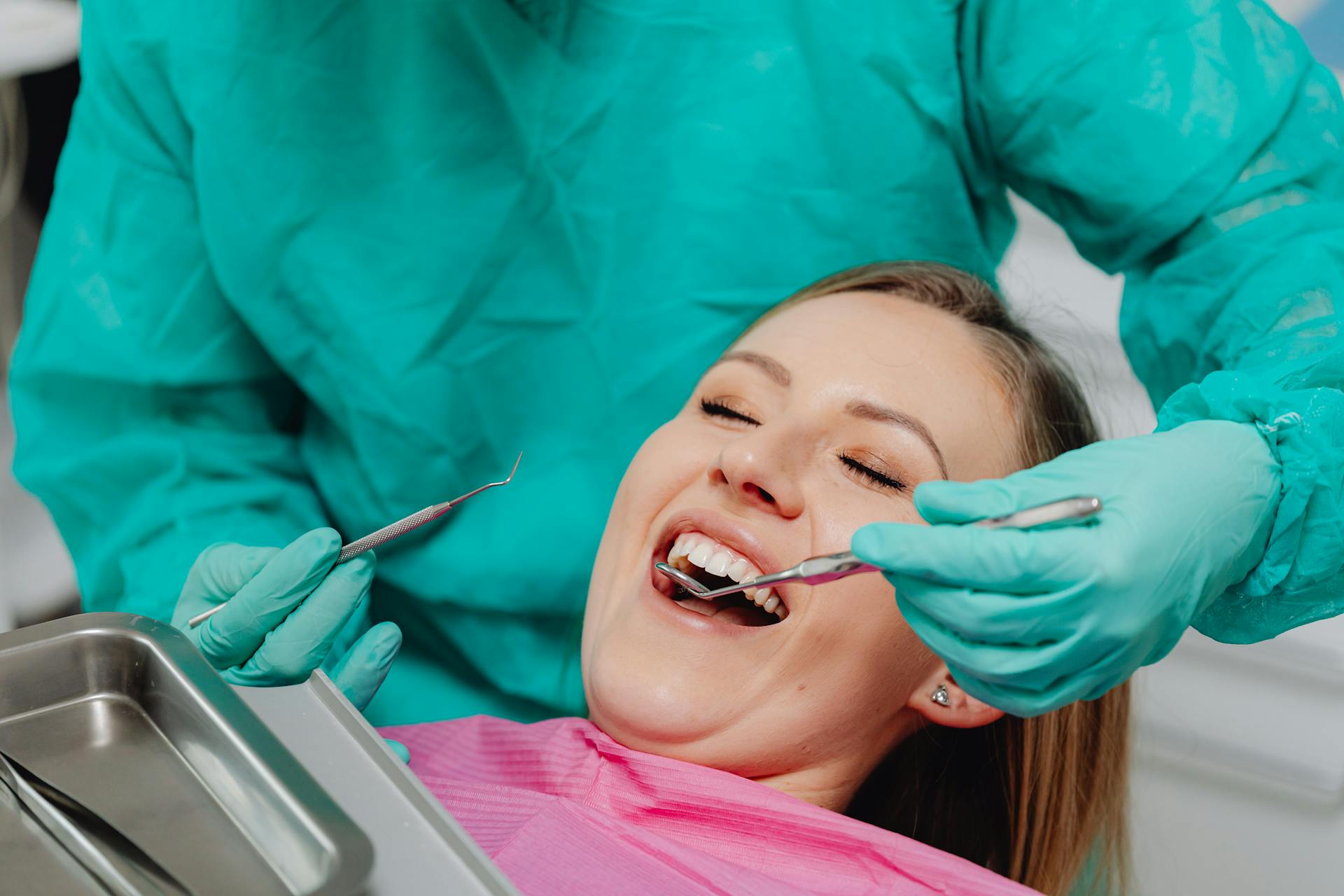
AI receptionists help dental clinics reduce missed calls, streamline admin, and improve patient satisfaction—making practices efficient and responsive.
Running a dental clinic isn’t just about providing quality care. It’s also about managing calls, scheduling appointments, answering the same five questions every day, and keeping everything running smoothly at the front desk. While many dentists have perfected their clinical skills, the front office often ends up stretched thin. Missed calls pile up. Patients wait too long for responses. Staff burnout creeps in.
That’s where technology steps in. More clinics are now partnering with an AI dental company to take some of the pressure off the human team. Not to replace people, but to support them. Virtual AI receptionists are changing the way clinics handle their day-to-day admin, and the impact is hard to ignore.
The Everyday Stress of a Dental Front Desk
Let’s face it. Being a dental receptionist is no small task. On any given day, they’re juggling:
- A constantly ringing phone
- Patients at the desk who need help right away
- Rescheduling and cancellations
- Insurance paperwork
- Messages for the dentist
- Managing upset or late arrivals
All of that, often at once. It’s easy to miss a call or misplace a message. And when that happens, it affects both patient experience and clinic flow. When patients feel ignored or delayed, they’re more likely to leave for a competitor or leave a not-so-great review.
What AI Receptionists Actually Do
Think of a virtual AI receptionist as a digital assistant that never sleeps. It doesn’t take breaks or call in sick. Instead, it handles a set of predictable, high-volume tasks that usually eat up the front desk’s time.
Here’s what it can manage:
- Answering and triaging calls
- Confirming and rescheduling appointments
- Answering FAQs (like payment options or directions)
- Collecting patient intake forms
- Sending reminders via text or email
It works 24/7, so even after the clinic closes, patients can still reach out and get help. That alone cuts down on missed opportunities and makes the clinic look more responsive.
A Boost for Patient Experience
No one likes sitting on hold, especially when they’re in pain or anxious about dental work. AI receptionists reduce that friction. They pick up immediately, provide useful answers, and guide patients to the next step, whether it’s booking, checking in, or asking a quick question.
Patients feel heard. That matters.
Also, for new patients who find you online, first impressions count. An AI assistant that helps them book in minutes rather than waiting for a callback can be the difference between gaining a patient or losing one.
More Time for What Matters
When the AI handles the repetitive stuff, your human staff can focus on tasks that need empathy, care, and judgment. They’re free to:
- Welcome walk-in patients with a smile
- Support nervous patients who need a calming presence
- Handle complex insurance cases without rushing
- Communicate directly with the clinical team
That shift improves morale and productivity. You get a happier team, and your patients feel more looked after.
Cost-Saving Without Cutting Corners
Hiring more receptionists isn’t always realistic, especially for smaller clinics or newer practices watching their overhead. That’s why an AI receptionist makes financial sense. You pay for a solution that works non-stop, scales easily with your clinic, and doesn’t come with payroll, benefits, or shift management.
It’s not about replacing jobs. It’s about smart delegation. Clinics that use AI support often find they can grow faster without burning out their team or sacrificing service.
Real-World Wins: What Clinics Are Reporting
Dental practices that bring in virtual AI receptionists often see quick results. Some common wins include:
- Fewer no-shows because reminders go out automatically and consistently
- Higher booking rates since calls and online queries get answered promptly
- Improved reviews from patients who appreciate smooth, responsive service
- Less staff turnover because front desk workers feel less overwhelmed
In other words, it’s not just a tech upgrade. It’s a people upgrade too.
Things to Look for in an AI Dental Receptionist
Not all tools are built the same. If you’re considering adding an AI receptionist to your clinic, here are a few things worth checking:
- Dental-specific knowledge. It should know terms, treatments, and patient expectations
- Seamless scheduling integration. No point in using AI if it doesn’t sync with your calendar
- Customizable responses. Every clinic has its own style, so your virtual assistant should reflect that
- HIPAA compliance. Patient data needs to stay secure
Take the time to demo a few tools and ask about real use cases. A solid provider will be transparent about features and limitations.
Common Myths (And Why They’re Wrong)
Some clinic owners worry that AI feels impersonal or that patients will get annoyed by “talking to a robot.”
The truth is that when done right, AI receptionists don’t feel robotic at all. They’re fast, clear, and helpful, sometimes even more so than an overworked staff member trying to do five things at once.
Many platforms now use natural, friendly language that mimics a calm, professional tone. So the patient experience doesn’t just stay intact. It often improves.

Photo by Andrea Piacquadio
Looking Ahead
Dental care is evolving. More patients are booking online. More want fast answers, mobile-friendly forms, and flexible scheduling. Virtual AI receptionists are built for this pace.
They give clinics a way to keep up with demand while staying focused on what they do best—providing great care.
It’s not about replacing the human touch. It’s about freeing up your team to use it more often.
Was this news helpful?






 Yes, great stuff!
Yes, great stuff! I’m not sure
I’m not sure No, doesn’t relate
No, doesn’t relate



